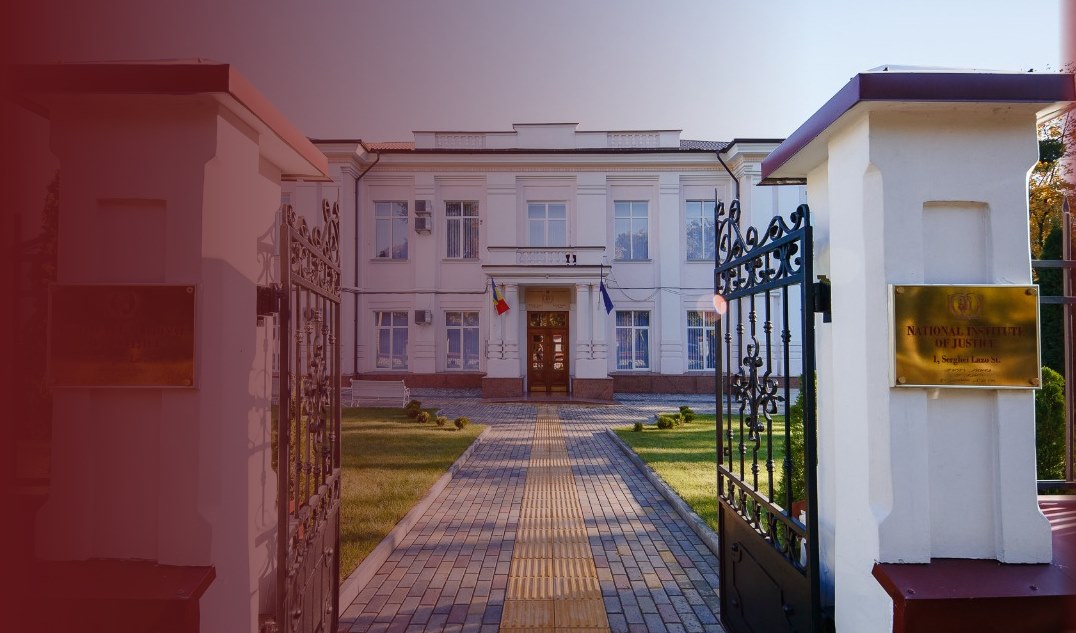On Thursday, March 21, 2024, the Ad interim Director of the National Institute of Justice, Adrian Cerbu, attended the scientific conference with international participation „Developing legal research skills, writing and legal argumentation at law faculties”, organized by the Department of Public Law and the Department of Procedural Law at the Law Faculty of the State University of Moldova in partnership with the Organization of the National Center for State Courts Williamsburg (NCSC). The event provided a discussion platform on the implementation of the course on research, writing and legal reasoning in order to develop the necessary skills in the legal professions for students of law faculties.
Referring to the importance of the topic, including for the institution he leads, the ad Interim Director of the National Institute of Justice, Adrian Cerbu, mentioned the following: „Incorporation of research concepts, reasoning and legal writing in the training process of NIJ beneficiaries are among the institutional priorities. I urge law students, especially those who wish to become trainees of NIJ to follow this optional course that will contribute to the development of research skills, legal analysis and writing, and finally to increase the quality of justice and the trust of society. In fact, these legal requirements are imposed by administration of justice, and the strength of conviction of a court decision resides in the clear logical-legal reasoning and based on considerations of law”.
The conference was attended by representatives of the institutions involved in the process of professional training in the field of „Law”, authorities, professional environment, civil society, etc. to address topics such as: Current progress in the implementation of research, legal writing and reasoning course; Knowledge and application of research, analysis, reasoning and legal writing methodologies in the national legal context; Innovative training methods for training professional skills; Innovative methods of assessing student performance; Exchange of best practices and learning experiences of research, analysis, reasoning and legal writing with professors from other countries.
